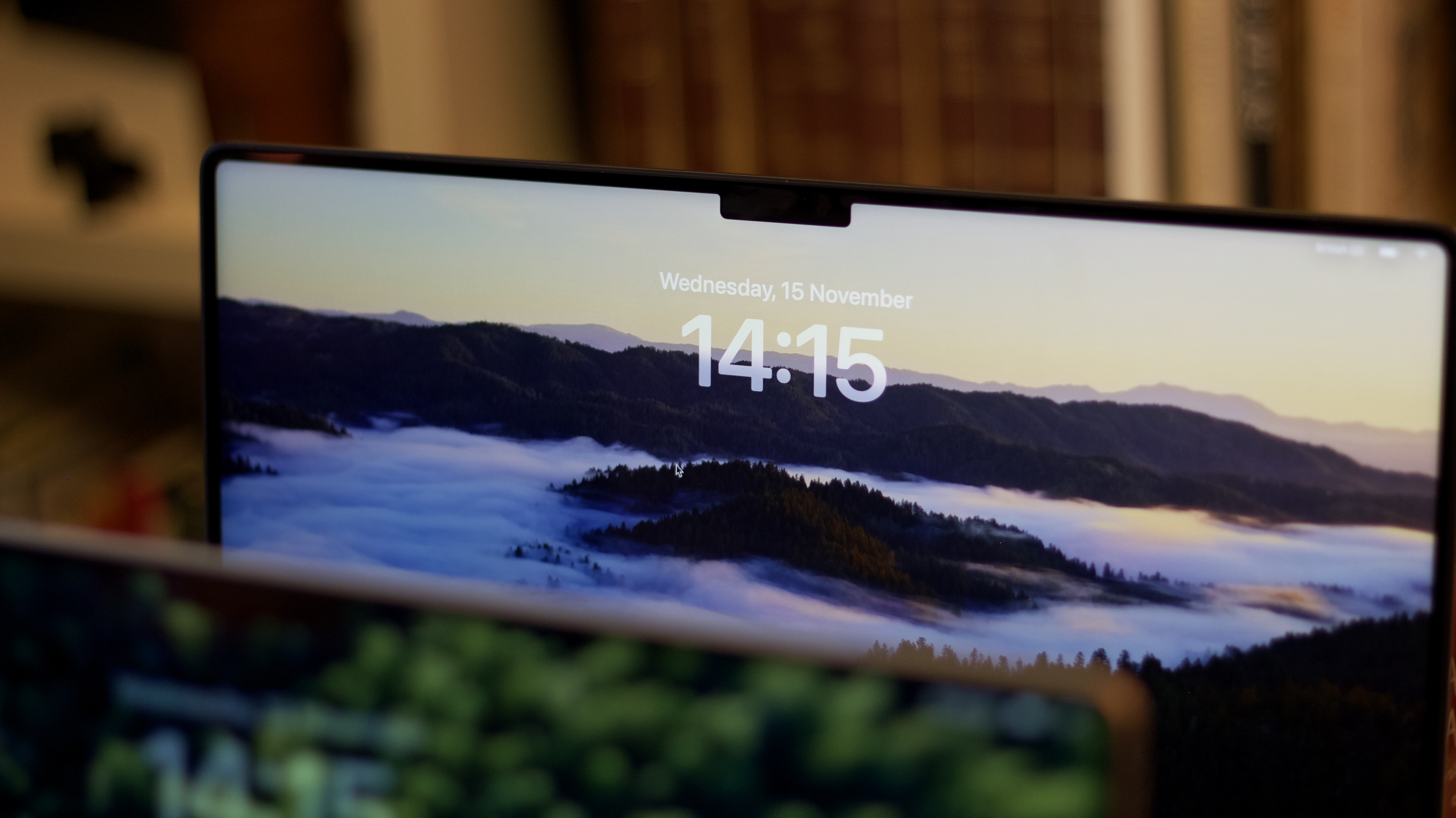Early Qualcomm Snapdragon X Elite benchmarks lag behind Apple's M3 equivalent and can't get near its brand-new M4
Qualcomm's answer to Apple silicon is here.

iMore offers spot-on advice and guidance from our team of experts, with decades of Apple device experience to lean on. Learn more with iMore!
You are now subscribed
Your newsletter sign-up was successful
Microsoft's recent event saw the company announce all manner of things, not least the Surface Pro 11 powered by the Qualcomm Snapdragon X Elite chip. It's a chip that Qualcomm and PC vendors hope will offer the performance and energy efficiency that Intel simply hasn't been able to, all while going toe-to-toe with Apple silicon.
We've been hearing a lot about the chip over the past few weeks and months and we're now starting to see a raft of early benchmark results pop up via Geekbench. These kinds of results are always interesting, and following the launch of the OLED iPad Pro with Apple's first M4 chip, comparisons were always going to be made.
So how does Qualcomm's Arm chip stack up to the M4 as well as the older-gen M3 that still powers Apple's Macs? The figures make for interesting reading.
Speed demon
The early Snapdragon Elite X figures shown on Geekbench's website vary slightly, as is always the case with these kinds of benchmarks, but there's still a pattern. Single-core results seem to cover anywhere between around 2,200 and 2,800 with the odd outlier. Multi-core performance obviously varies depending on the number of cores a chip has to play with — the results we're seeing so far all have 12 of them and come in at around the 14,000-point mark.
To put that into perspective, to get the number of cores required to offer a proper test in the Apple world we have to look at an M3 Pro MacBook Pro, which manages around 3,000 in single-core tests and around 15,000 in the multi-core test. That's a 12-core laptop. Those figures suggest the M3 chips as a whole are better performers than the Snapdragon X Elite in single-core tests while multi-core results show that Apple's chip is once again out in front.
The M4? Well, that's a difficult one to judge given the fact we only have one chip to look at, and it has either nine or 10 cores depending on the iPad Pro in question. However, Geekbench results suggest an M4 can manage a score of around 3,700 in the single-core tests and up to 14,500 in the multi-core test when it has 10 cores. The score falls to the mid-13,000 when we drop to the nine-core model. In a laptop with cooling, those scores are likely to improve again.
The upshot? We can expect that Apple's M4 Pro and M4 Max will be considerably more performant than the current crop of Snapdragon X Elite chips that are floating around on the Geekbench website, and it's clear that Apple still has the edge. But it isn't all bad news for PC fans. Not by a long shot.
iMore offers spot-on advice and guidance from our team of experts, with decades of Apple device experience to lean on. Learn more with iMore!
The figures posed by Qualcomm's new chip are far from poor, and they're really rather good indeed. Qualcomm and Microsoft believe these chips are particularly suited to AI workflows which will become a key battleground moving forward. Apple has its Neural Engine, and there is no doubt that AI computing will be a big focus for chip and computer makers moving forward.
It's also important to remember battery life is something that Qualcomm promises in spades, something that Intel-powered chips have struggled with for years. If Qualcomm can provide the performance it appears to be capable of in a laptop that can last more than a few hours on battery, these new chips will be huge.
Here's to the competition — it'll only make Apple silicon better in the long run.
More from iMore

Oliver Haslam has written about Apple and the wider technology business for more than a decade with bylines on How-To Geek, PC Mag, iDownloadBlog, and many more. He has also been published in print for Macworld, including cover stories. At iMore, Oliver is involved in daily news coverage and, not being short of opinions, has been known to 'explain' those thoughts in more detail, too.
Having grown up using PCs and spending far too much money on graphics card and flashy RAM, Oliver switched to the Mac with a G5 iMac and hasn't looked back. Since then he's seen the growth of the smartphone world, backed by iPhone, and new product categories come and go. Current expertise includes iOS, macOS, streaming services, and pretty much anything that has a battery or plugs into a wall. Oliver also covers mobile gaming for iMore, with Apple Arcade a particular focus. He's been gaming since the Atari 2600 days and still struggles to comprehend the fact he can play console quality titles on his pocket computer.
